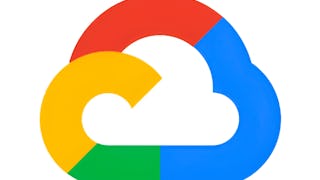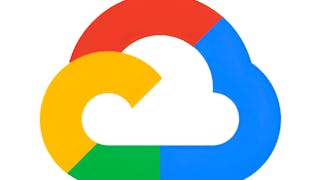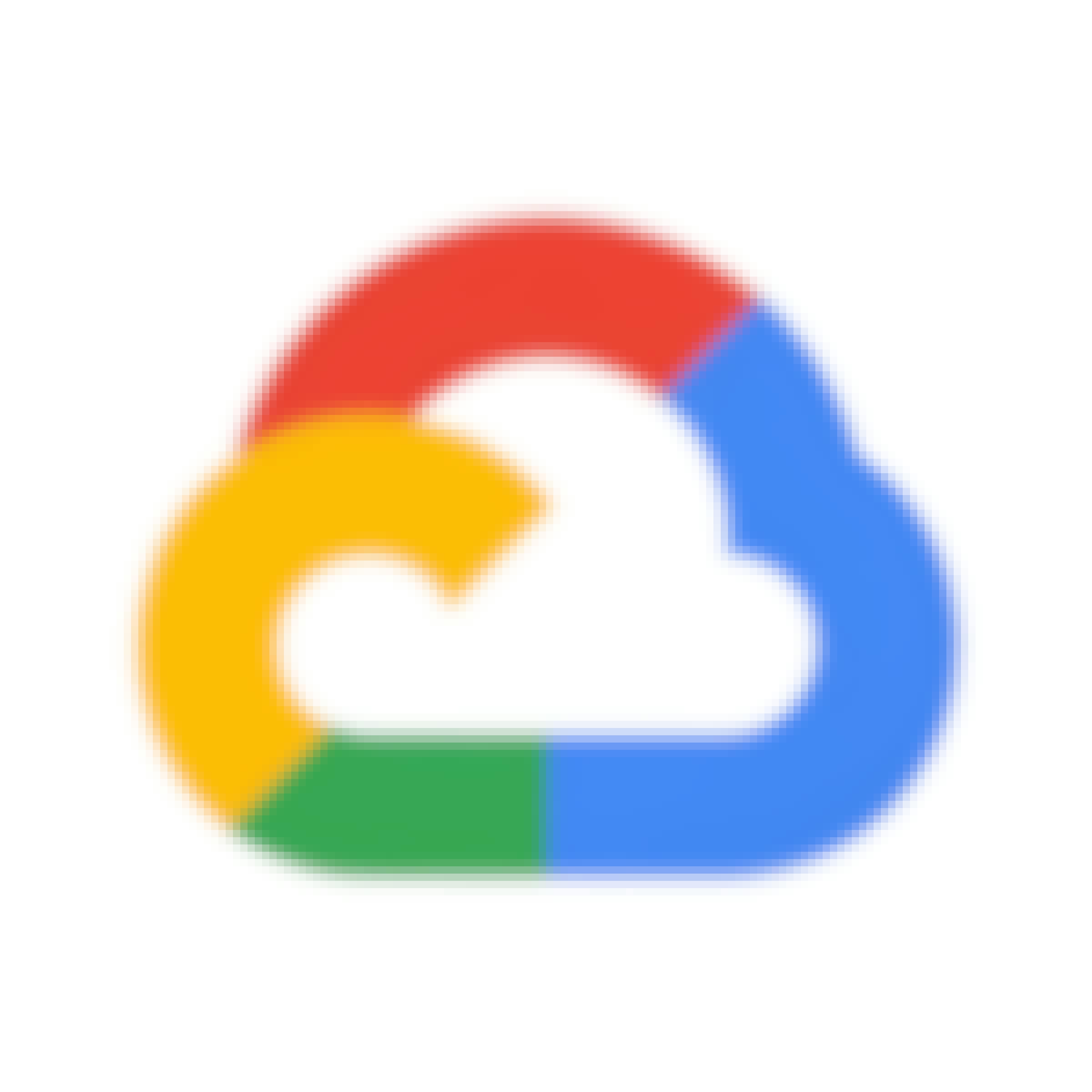Filter by
SubjectRequired
LanguageRequired
The language used throughout the course, in both instruction and assessments.
Learning ProductRequired
LevelRequired
DurationRequired
SkillsRequired
SubtitlesRequired
EducatorRequired
Explore the Clinical Science Course Catalog
 Status: New
Status: NewSkills you'll gain: ASP.NET, Database Development, C# (Programming Language), Back-End Web Development, Database Management, Database Design, Object-Relational Mapping, Application Frameworks, Model View Controller, Web Applications, Software Design Patterns, Authentications, Maintainability, Business Logic, Authorization (Computing), Data Modeling, Performance Tuning, Data Migration, Data Mapping, Data Validation
 Status: New
Status: NewSkills you'll gain:
 Status: New
Status: NewGoogle Cloud
Skills you'll gain:

Skills you'll gain: Google Cloud Platform, Cloud Applications, Cloud Development, Generative AI, Application Development, Software Architecture, Software Development Tools, Integrated Development Environments, Prompt Engineering

Google Cloud
Skills you'll gain: Single Sign-On (SSO), Lightweight Directory Access Protocols, Security Assertion Markup Language (SAML), Google Workspace, Application Security, OAuth, Cloud Security, Security Management, Application Programming Interface (API), User Provisioning, Authentications, Threat Detection, Identity and Access Management, Multi-Factor Authentication, User Accounts
 Status: New
Status: NewSkills you'll gain: Restful API, Redis, .NET Framework, Application Programming Interface (API), Software Design Patterns, Scalability, PostgreSQL, Software Architecture, Middleware, Maintainability, Database Development, Data Validation, Debugging

Skills you'll gain: Data Ethics, Artificial Intelligence, Artificial Intelligence and Machine Learning (AI/ML), Google Cloud Platform, Tensorflow, Open Source Technology, Machine Learning, Applied Machine Learning, Data Analysis

Google Cloud
Skills you'll gain: Software Development Life Cycle, Google Cloud Platform, Development Testing, Application Lifecycle Management, Web Applications, CI/CD, Application Development, Cloud Development, Software Development, Test Case, Generative AI, Query Languages, Debugging, Data Access

Google Cloud
Skills you'll gain: Kubernetes, Google Cloud Platform, Generative AI, Infrastructure as Code (IaC), Cloud-Native Computing, Cloud Infrastructure, DevOps, Cloud Computing Architecture, Prompt Engineering, Shell Script
 Status: New
Status: NewSkills you'll gain: Data Processing, Data Manipulation, Exploratory Data Analysis, Data Cleansing, Big Data, Data Transformation, Google Cloud Platform, Interactive Data Visualization, Generative AI, Debugging, Query Languages, SQL
 Status: New
Status: NewGoogle Cloud
Skills you'll gain: Generative AI, Cloud Applications, Large Language Modeling, Google Cloud Platform, Prompt Engineering, Application Development, Application Deployment, Natural Language Processing, Cloud Computing Architecture, Prototyping, Solution Architecture

Google Cloud
Skills you'll gain: Cloud Security, Generative AI, Security Controls, Google Cloud Platform, Security Testing, Application Deployment, Security Engineering, System Configuration
Clinical Science learners also search
In summary, here are 10 of our most popular clinical science courses
- Database Management and Core Application Development: Packt
- Integración de aplicaciones con Gemini 1.0 Pro en GC: Google Cloud
- 在 Google Cloud 整合應用程式與 Gemini 1.0 Pro: Google Cloud
- Gemini for Application Developers - Português Brasileiro: Google Cloud
- Google Workspace Security - Français: Google Cloud
- CQRS, API Development, and Module Communication: Packt
- Responsible AI for Developers: Fairness & Bias - 한국어: Google Cloud
- Gemini for end-to-end SDLC - 한국어: Google Cloud
- Gemini for Cloud Architects - Bahasa Indonesia: Google Cloud
- Boost Productivity with Gemini in BigQuery - Français: Google Cloud










